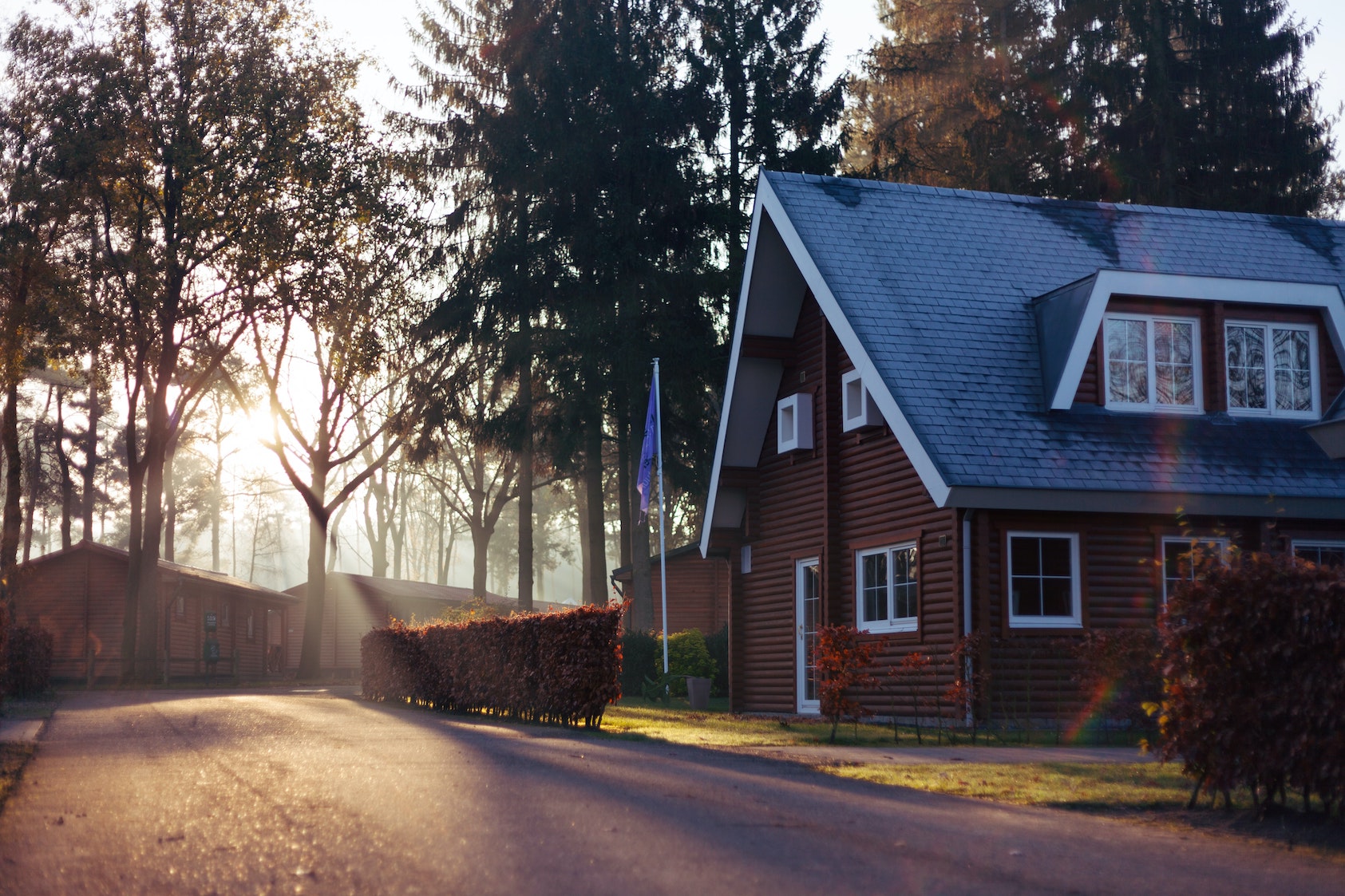
Landlord insurance is essentially an upgrade to traditional house insurance that accounts for the insurer’s additional risk in having tenants on your property.
It may not provide more than standard building insurance, which most people have on a property (and most mortgage companies insist upon) to cover any structural issue that may arise.
In other cases, landlord insurance will also provide additional cover for the policyholder to consider other risks they may be exposed to due to renting out a property.
We’ve taken a look at five key things to know about landlord insurance:
- Landlord insurance is not obligatory
It is not a legal requirement to take out landlord insurance, though some mortgage lenders will make it a requirement of a buy-to-let loan.
Mortgage providers will know your ability to make repayments on a buy-to-let property is likely linked to your ability to keep paying tenants in the property.
Specific landlord insurance policies will cover the lost earnings if the property becomes damaged and can’t be rented for a period if you have a gap between tenants or your tenants fail to pay rent.
- There are vastly varying degrees of cover
As with most forms of insurance, there are many different degrees of cover with landlord insurance and it’s vital to ensure you buy what you need.
Landlord insurance may or may not include any combination of these types of cover:
- Buildings – protecting the structure and fitted fixtures within the building
- Contents – insurance for belongings in the building as well as items such as carpets and curtains
- Unoccupied property – offering payments if you have a gap between paying tenants
- Liability – to assist with costs if there is a legal dispute over the property
- Rental protection – offering payments if the building cannot be rented for a period due to, for example, structural damage.
- Accidental damage – potentially offering cover for things like broken windows, damage due to DIY or carpet stains due to spills.
- Home Emergency – cover unforeseen situations like boiler breakdown and much more
It may be necessary to upgrade general housing insurance to ensure you’re still covered as a landlord
While landlord insurance is not obligatory, it is usually necessary to inform your house insurance provider if you rent a property or room.
A rental property with a tenant will often be seen as a higher risk than an owner-occupied one. Therefore your insurance provider may deem that your premium needs to be recalculated.
The risk is inflated because tenants may not take as much care of the property.
- The type of tenants you have will affect your premium
An insurer is very likely to ask for information about the type of tenant who will be living in the property, and the answer may affect the premium.
Suppose you intend to rent to students or people on benefits, for example. In that case, the landlord insurance premium may be higher, especially if you seek cover for periods where tenants fail to pay. These low-income groups may be seen as presenting a higher risk.
- Failure to provide working smoke alarms could invalidate the policy
Failing to meet statutory landlord responsibilities when renting a property, such as providing smoke alarms, could invalidate your insurance.
A professional may also need to regularly check gas and electric items within the property.




 POSTED BY
POSTED BY 

